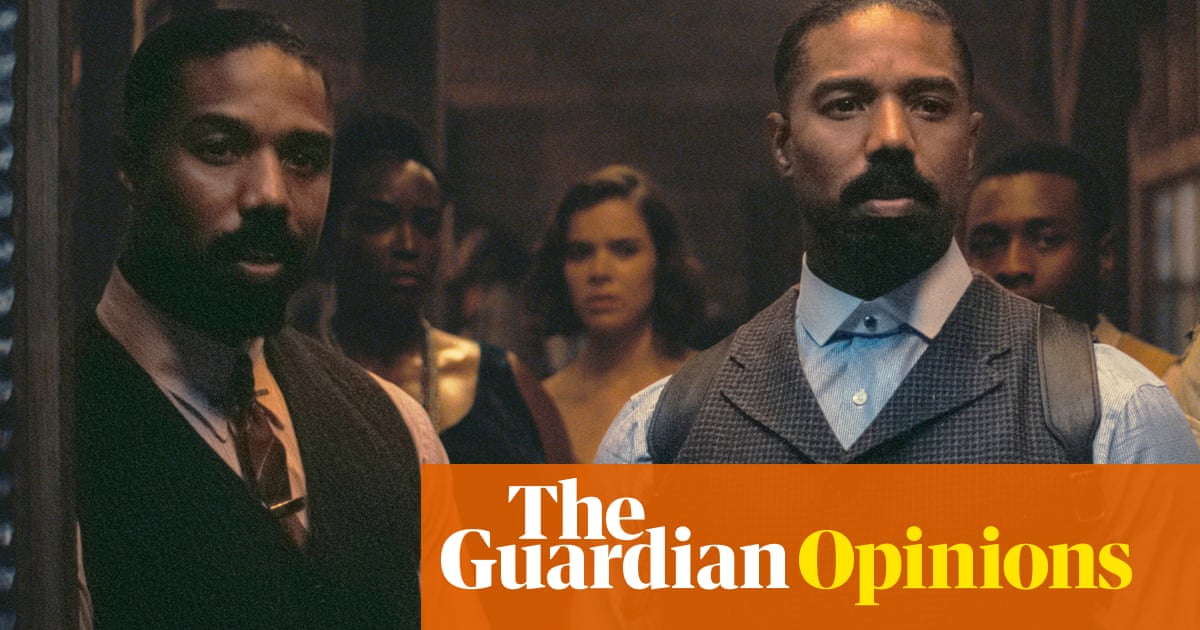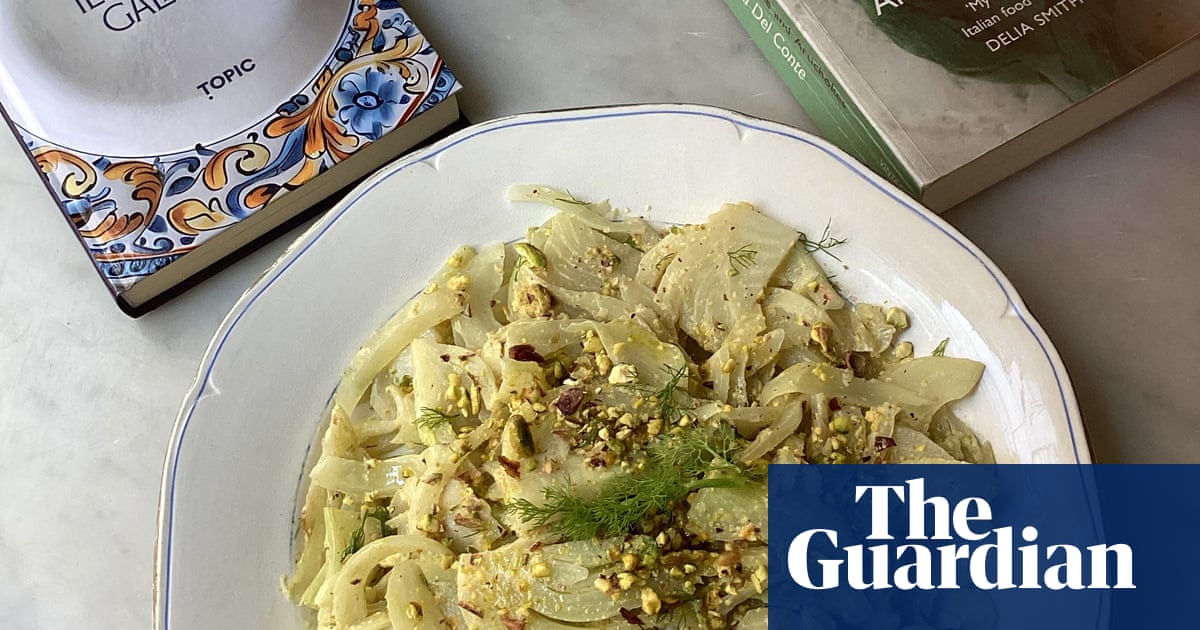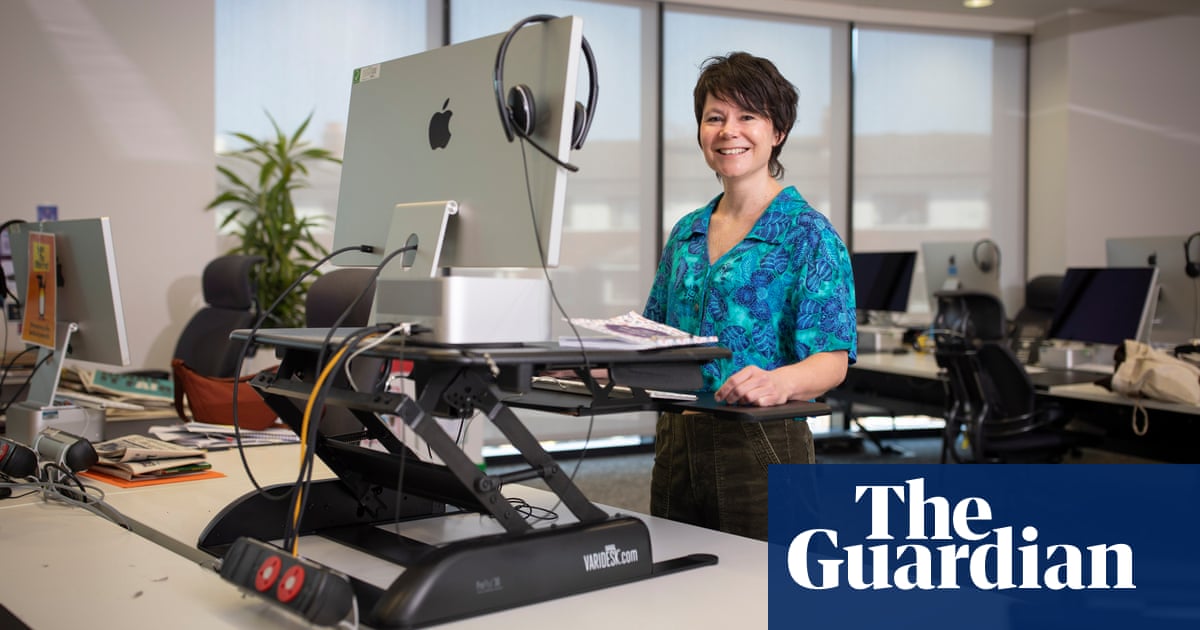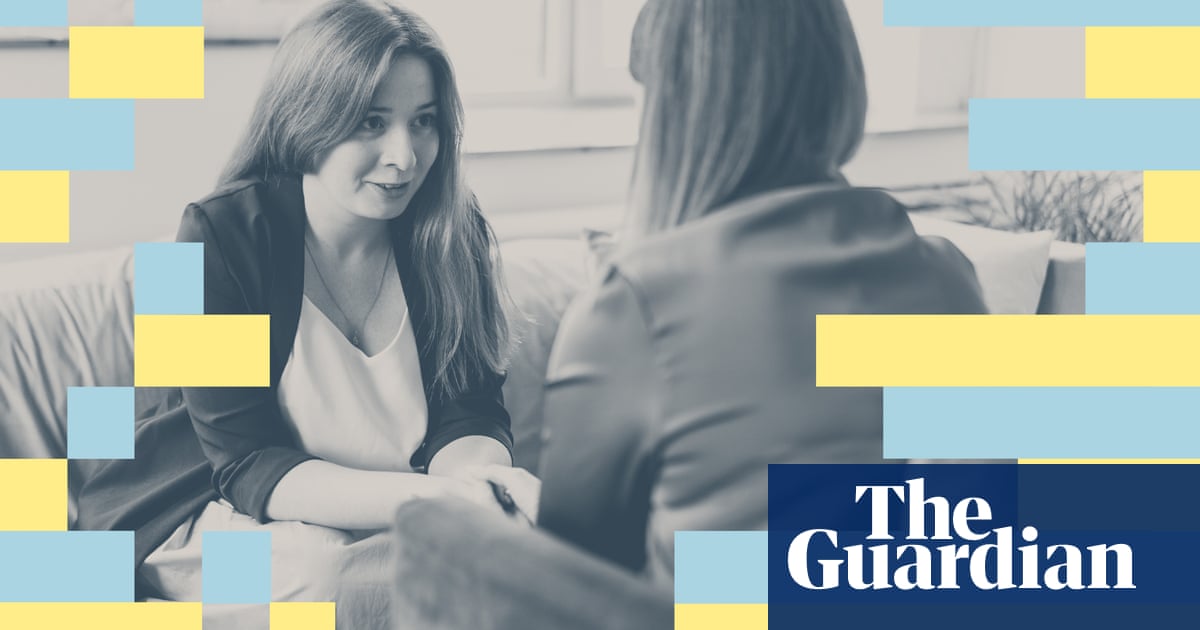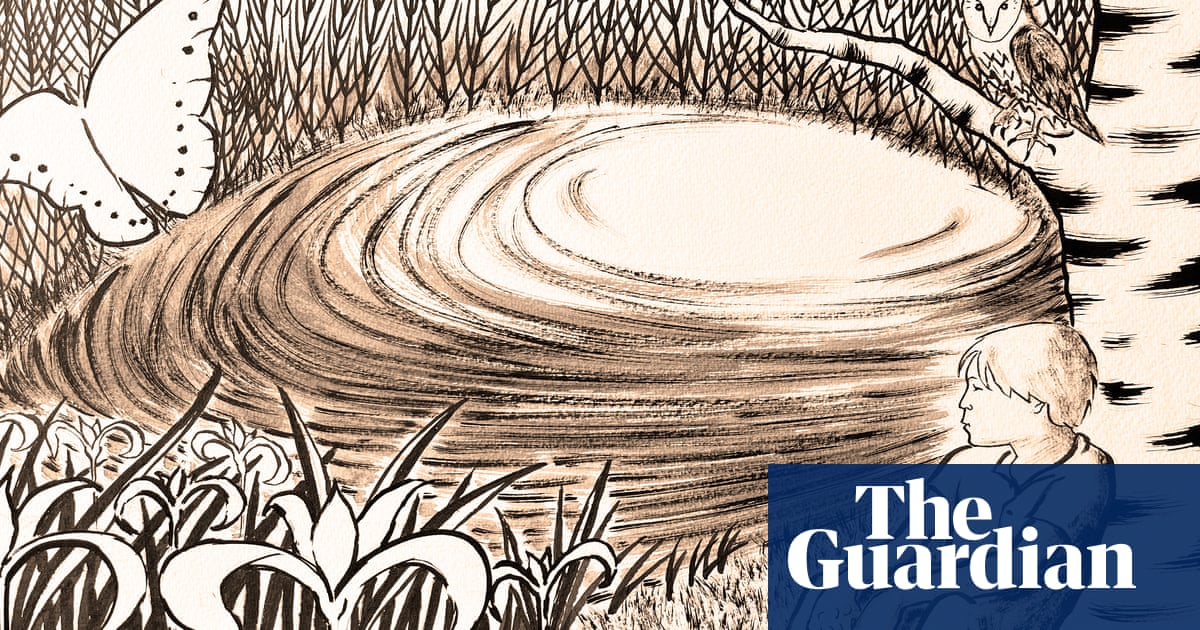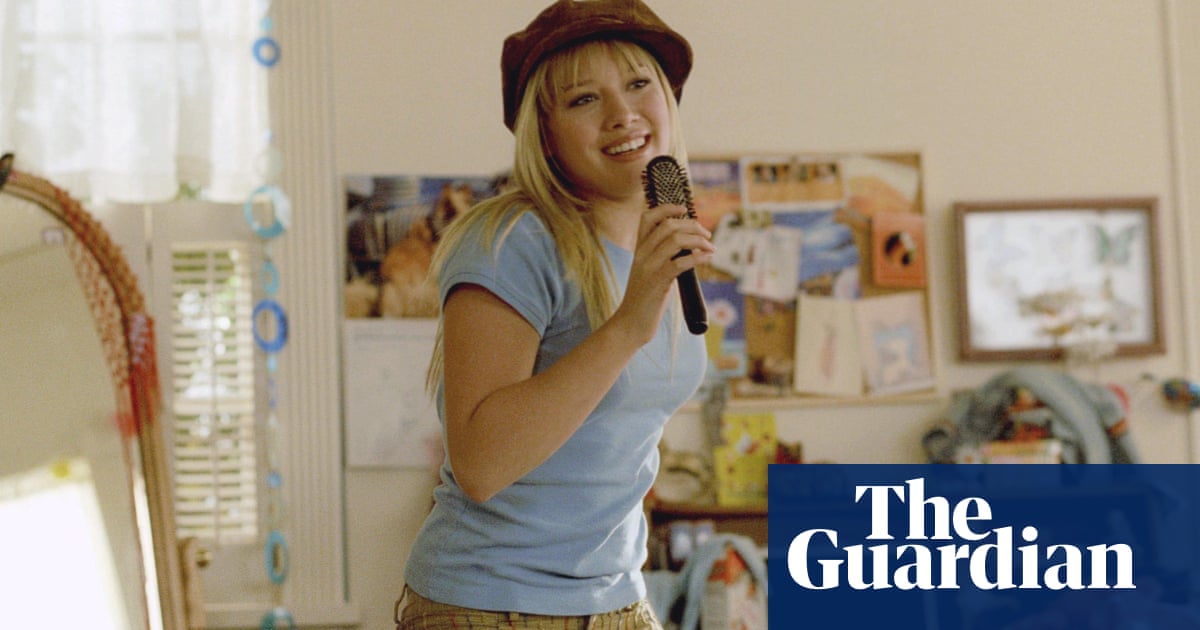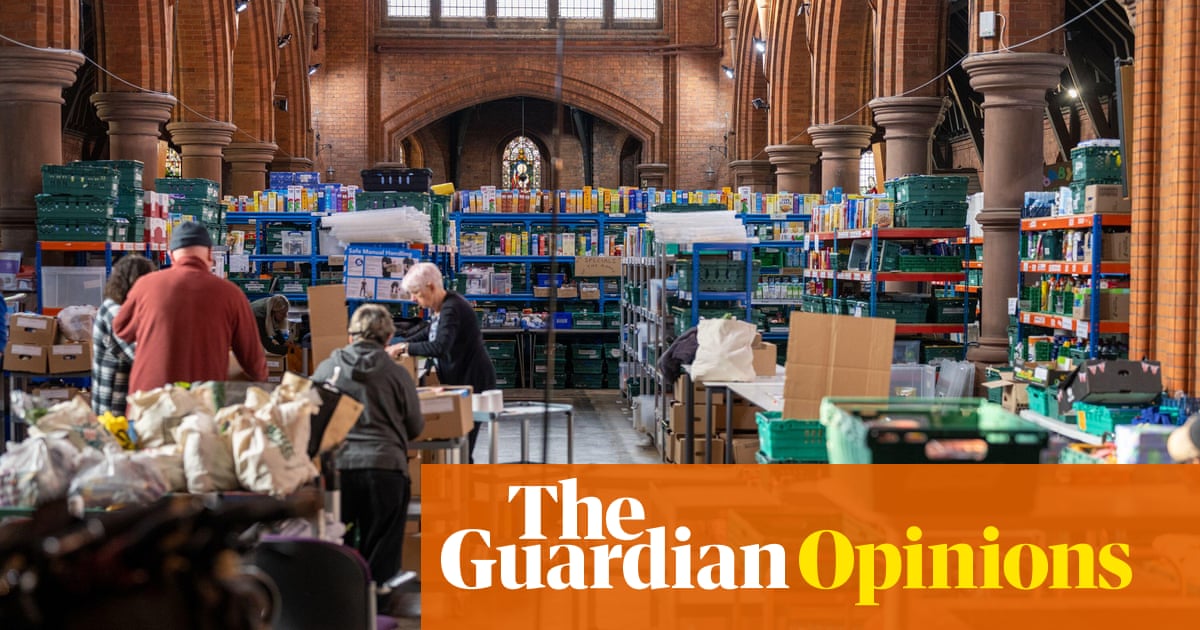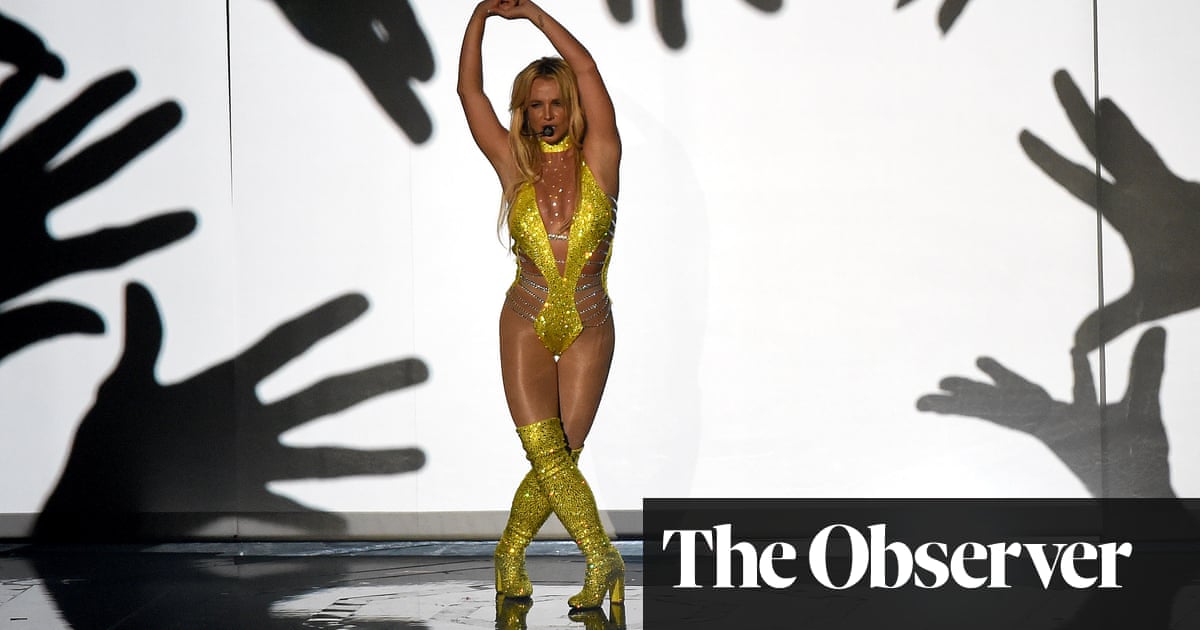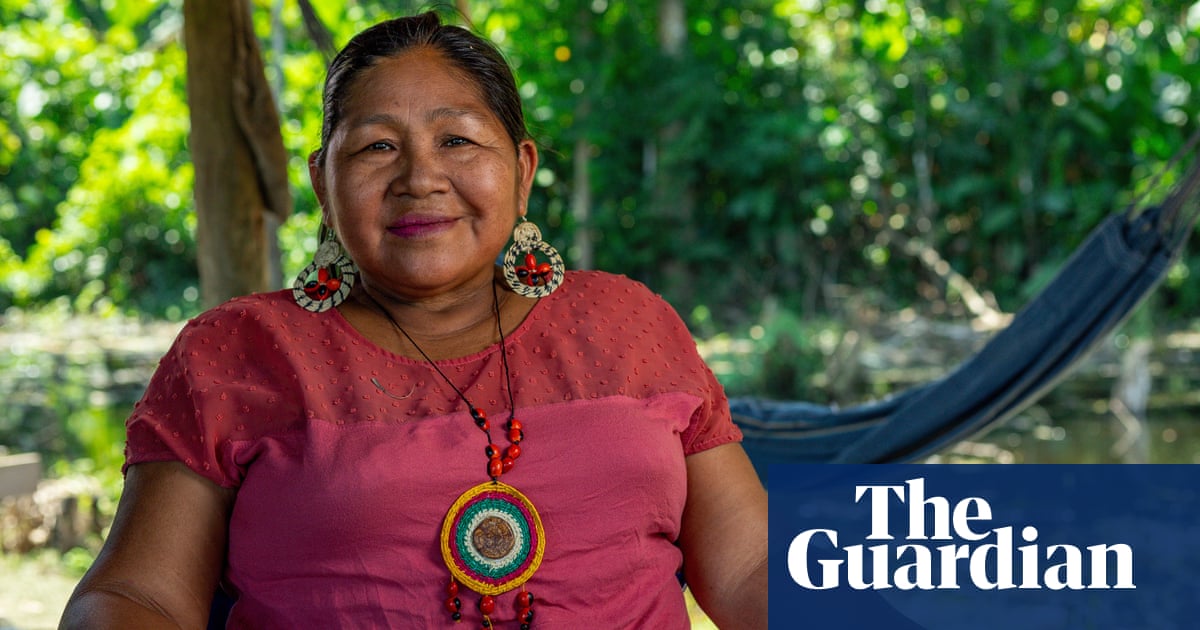A court in Spain has ruled that a single mother is entitled to the parental leave that would have been due her partner – if she had one – on the grounds that all babies should be treated the same, regardless of the composition of their families.
The woman, a part-time worker known by the initials SPM, gave birth to a daughter in the south-eastern region of Murcia in January 2022. SPM requested additional parental leave, arguing that her daughter was entitled to the same amount of parental care as any other newborn. After her request was turned down by social services and the courts, she appealed to the regional high court.
In a ruling last week, Murcia’s high court found in her favour and decided she was due a total of 32 weeks of parental leave and support: 16 weeks for her, and 16 additional weeks that would have been available to her partner were she to have had one.
In its judgment, the court referred to a decision by Spain’s constitutional court, which ruled last November that children born into single-parent families should not be discriminated against or treated differently to children born into two-parent families.
“It’s obvious that the duration and intensity of the need to care for a newborn are the same, regardless of the family model into which he or she was born,” the regional high court said.
“I understood that my daughter should have the same rights she would have had if she had been born into a family with a mother and a father,” she said. “But those rights hadn’t been recognised when she was born. For me, my daughter was being discriminated against.” SPM added she was honoured to have fought the case and to have shown that “the children of single-parent families are the same as other children”.
Her lawyer, Miguel Ángel Fructuoso, said it remained to be seen how the court would implement its decision, given that SPM gave birth three years ago. He told the paper he thought she could be compensated for the leave she had previously been denied.
SPM said she would never get back all the weeks she and her daughter had lost.
“All that time when my daughter needed the care to which she is was entitled has gone, and the ruling can’t give it back,” she said. “I’m very happy that her rights have been recognised, but, at the same time, it’s really sad that she didn’t have those rights when it mattered.”

 2 months ago
67
2 months ago
67
